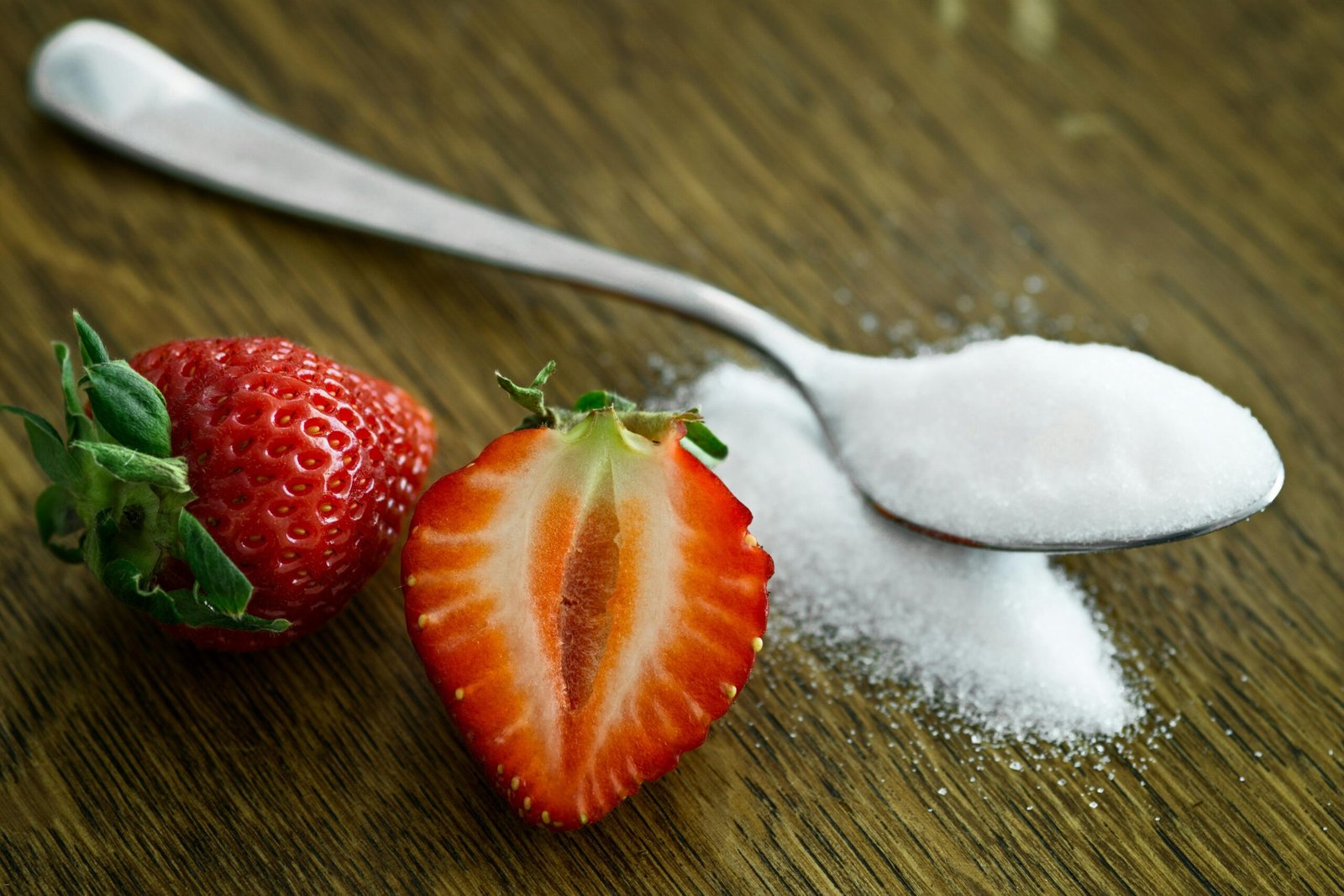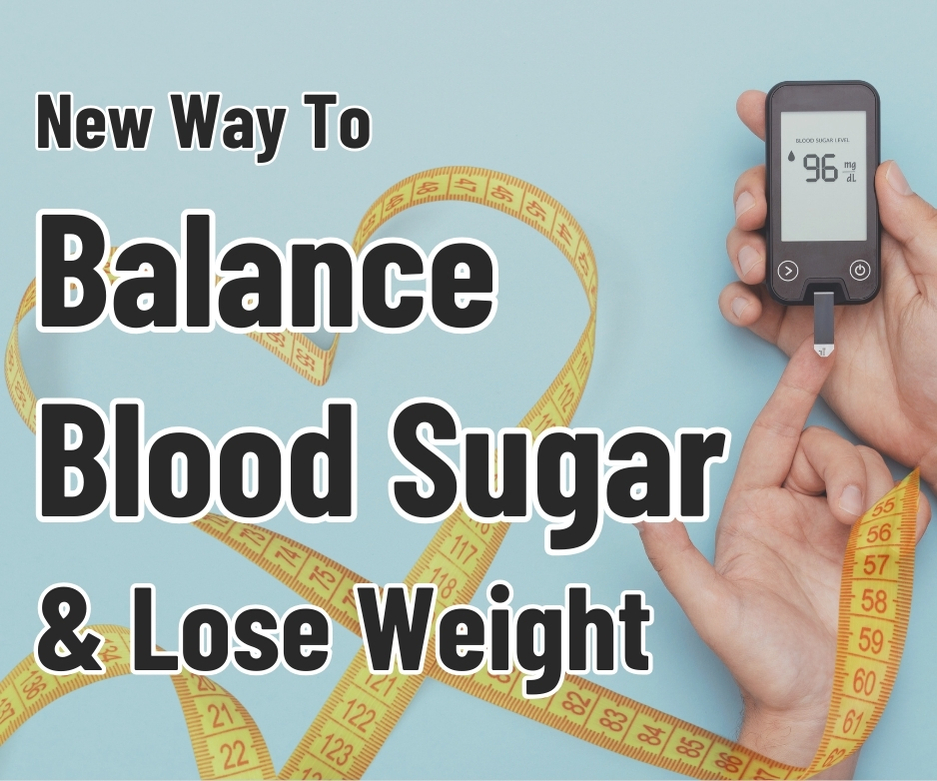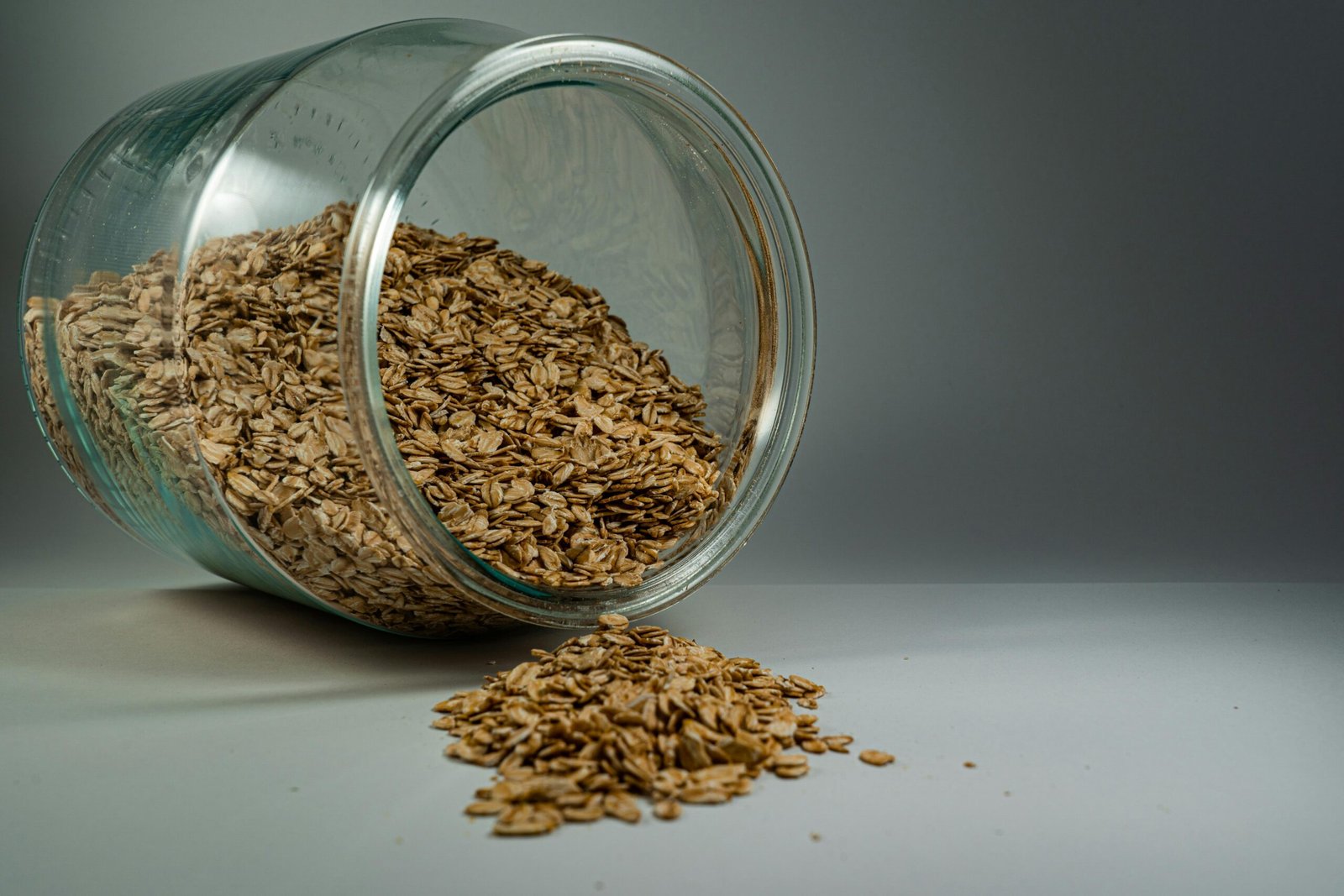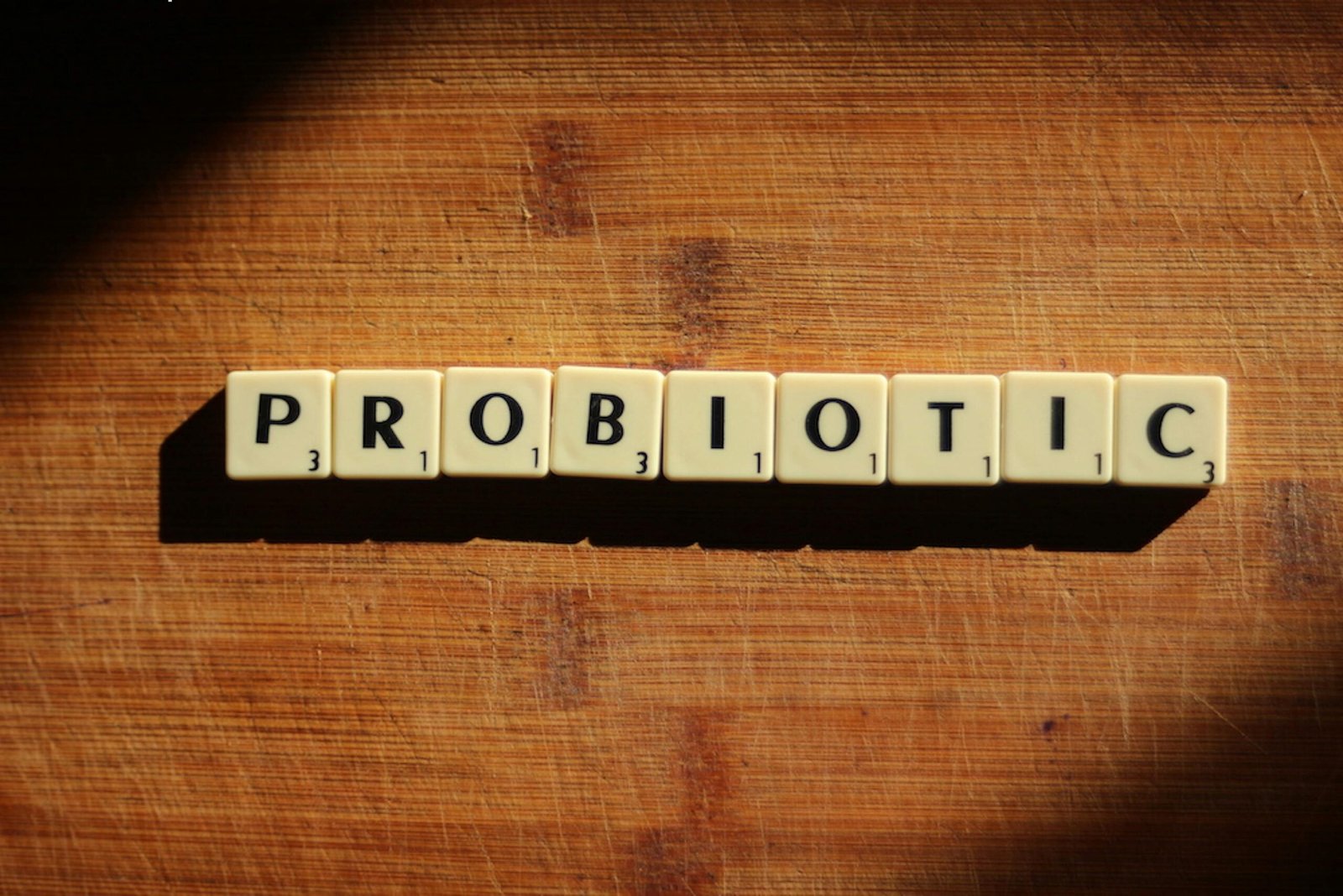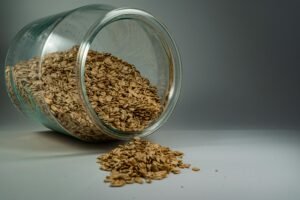Which artificial sweetener is the most reliable and safest option
What’s the safest and most trustworthy artificial sweetener you can choose
Artificial sweeteners have become a popular alternative to sugar, especially for those looking to reduce calorie intake or manage blood sugar levels. But with so many options available, which one is the most reliable and safest? In this article, we’ll explore various artificial sweeteners, their benefits, and potential side effects to help you make an informed choice.
Understanding Artificial Sweeteners
Artificial sweeteners are sugar substitutes that provide the sweetness of sugar without the calories. They are widely used in diet foods, beverages, and even some medications. Common artificial sweeteners include aspartame, sucralose, saccharin, and stevia.
Aspartame
Pros:
- Low in calories
- Widely used and studied
- Suitable for cooking and baking
Cons:
- Contains phenylalanine, which can be harmful to people with phenylketonuria (PKU)
- Some studies suggest potential side effects like headaches and dizziness
Sucralose
Pros:
- Zero calories
- Heat-stable, making it suitable for cooking and baking
- Does not affect blood sugar levels
Cons:
- Some studies suggest it may alter gut bacteria
- Potential for digestive issues in some people
Saccharin
Pros:
- Zero calories
- Long history of use
- Does not raise blood sugar levels
Cons:
- Bitter aftertaste
- Linked to bladder cancer in animal studies (though not proven in humans)
Stevia
Pros:
- Plant-based sugar substitute
- Zero calories
- May have additional health benefits, such as lowering blood pressure
Cons:
- Can have a bitter aftertaste
- Some people may experience digestive issues
Plant-Based Sugar Substitutes
In addition to artificial sweeteners, there are natural, plant-based sugar substitutes like honey, maple syrup, and agave nectar. While these options are not calorie-free, they offer other health benefits and are less processed.
Honey
Pros:
- Contains antioxidants
- Can soothe sore throats and coughs
Cons:
- High in calories
- Can raise blood sugar levels
Maple Syrup
Pros:
- Contains minerals like zinc and manganese
- Less processed than refined sugar
Cons:
- High in calories
- Can raise blood sugar levels
Choosing the Right Sweetener
When selecting a sugar substitute, consider your health goals and any potential side effects. For instance, if you’re managing diabetes, sucralose or stevia might be better options due to their minimal impact on blood sugar levels. However, if you prefer natural alternatives, honey or maple syrup can be good choices in moderation.For more tips on healthy eating, check out our article on balanced diet plans for weight management.
Conclusion
While artificial sweeteners can be a useful tool for reducing sugar intake, it’s essential to choose the right one for your needs. Aspartame, sucralose, saccharin, and stevia all have their pros and cons. Additionally, natural options like honey and maple syrup offer benefits but should be used in moderation. Always consider your health goals and any potential side effects when selecting a sugar substitute.
Disclaimer: This article is for informational purposes only and does not constitute medical advice. Always consult with a healthcare professional before making significant changes to your diet, especially if you have existing health conditions or are taking medications.
Content sources: Information in this article is based on reputable health websites such as Mayo Clinic, Harvard Health Publishing, and the National Institutes of Health.
